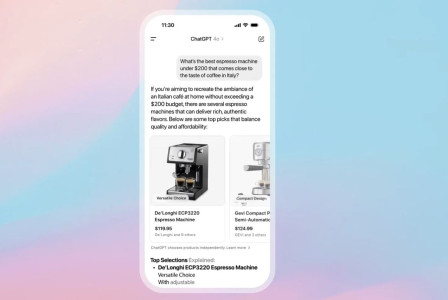SEARCH
EU passes Digital Services Package to regulate Big Tech

SHARE IT
European Union lawmakers have given their approval to two new bills that will bring major regulatory rules to US Big Tech companies such as Apple, Google, Meta, Amazon and Microsoft.
The Digital Markets Act (DMA) and Digital Services Act (DSA) started to be written in 2020 and have now been passed by the competent EU committee as the “Digital Services Package”, which will be implemented from 2024 in order for companies to have enough time at their disposal to comply with the new rules. After the implementation of the bill, violators will be punished with very high fines of up to 10% of their annual turnover. For example, last year Google registered a turnover of $257 billion, so the maximum fine that the EU can impose is almost $26 billion!
The Digital Services Package provides for the following:
- Users will be able to install apps from third-party app stores or directly from the Internet via side loading.
- Developers will be able to offer alternative payment systems within their applications and promote offers outside of the companies' platforms.
- Developers will be able to develop communication methods directly with companies' applications, such as messaging, video calling, etc.
- Developers will have access to all the hardware of the devices, such as the NFC chip, the processor, the authentication mechanisms and the software that controls the hardware.
- All applications of the devices should be possible to uninstall and users to stop their subscriptions to various services of the respective platform.
- Users will have the option to change the default digital assistant to any one they want (eg Google Assistant instead of Siri)
- Companies should share data and statistics with their developers and competitors, including data related to marketing and advertising.
- Companies should set up special teams to monitor compliance with EU rules in cooperation with independent authorities.
- Companies should explicitly inform the EU of mergers and acquisitions of other companies.
- Companies will not be able to pre-install specific applications that require the user to use them exclusively (eg web browsers.
- Companies will not be able to require developers to use specific services or frameworks (e.g. browser engines, payment systems) to publish their apps in the respective app stores.
- Companies will not be able to prioritize their own services - applications - products.
- Companies will not be able to collect sensitive personal data for exploitation in other services (eg marketing, targeted advertising).
MORE NEWS FOR YOU

 Help & Support
Help & Support 

